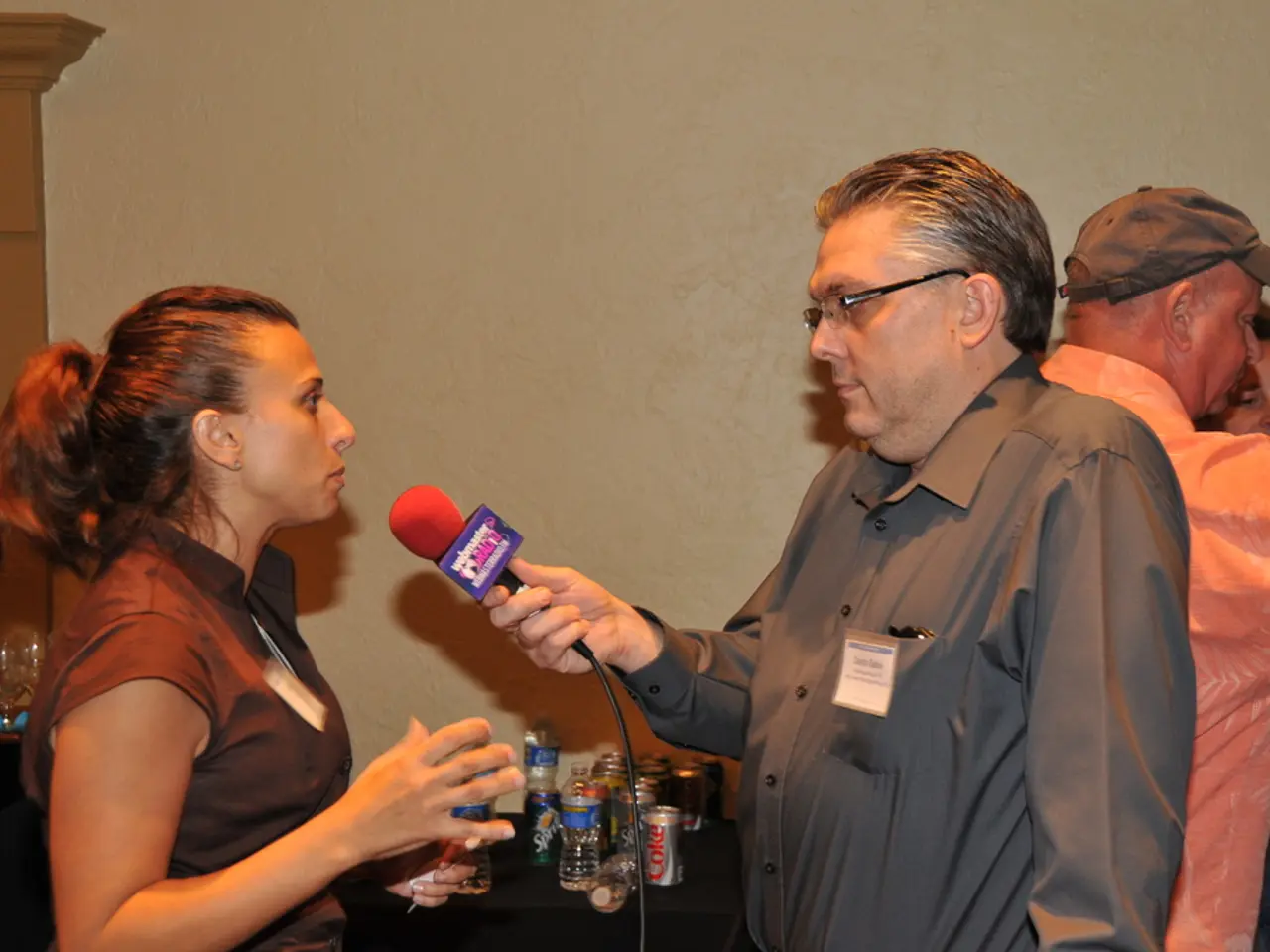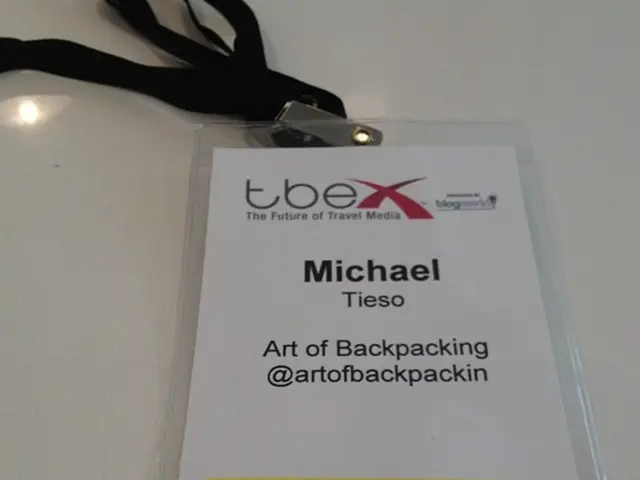Struggling with Job Interview Failures: Timing Key to Overcoming Setbacks
In a job interview, it is generally expected that you answer questions honestly. However, preparation is key, especially when it comes to handling unpleasant or inappropriate questions.
When it comes to your resume and work history, it's important to answer honestly about gaps in your resume and reasons for changing jobs. Lying about these aspects can lead to mistrust and potential issues down the line. Similarly, questions about your education, work experience, and professional goals should not be fibbed about.
Preparation is crucial for an interview. Thinking about how to answer potential difficult questions beforehand can help you remain calm and confident during the interview. If a question arises that is personal and has no relation to the position, you may choose to react calmly and confidently, and if necessary, politely counter with a question about the question's relevance to the open position.
It's important to note that there are certain cases where lying legally is allowed. However, experts advise to stay close to the truth, as lying can cause distrust and cost energy, making the interviewee appear insecure. Instead, one should answer questions openly but without giving overly specific details, avoiding concrete numbers or names when discussing other applications.
The "Hesch gwüsst?" article "Job interview: What to expect" provides further tips for preparation, including how to handle unpleasant or inappropriate questions. The "Hesch gwüsst?" checklist for what can be lied about during an interview includes questions about family planning, beliefs, private hobbies, and general health status.
However, if questions are directly related to the open position, you should answer honestly. It is not advised to lie about these aspects, as it can lead to issues down the line and may affect your performance in the role.
In conclusion, while there are no ethical or recommended rules for making false statements in a job interview, it's always best to stay honest and prepared. By being truthful and well-prepared, you can present yourself in the best light and increase your chances of securing the job.








